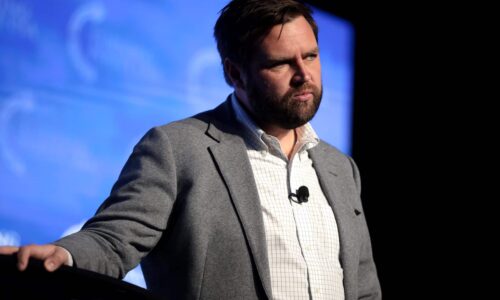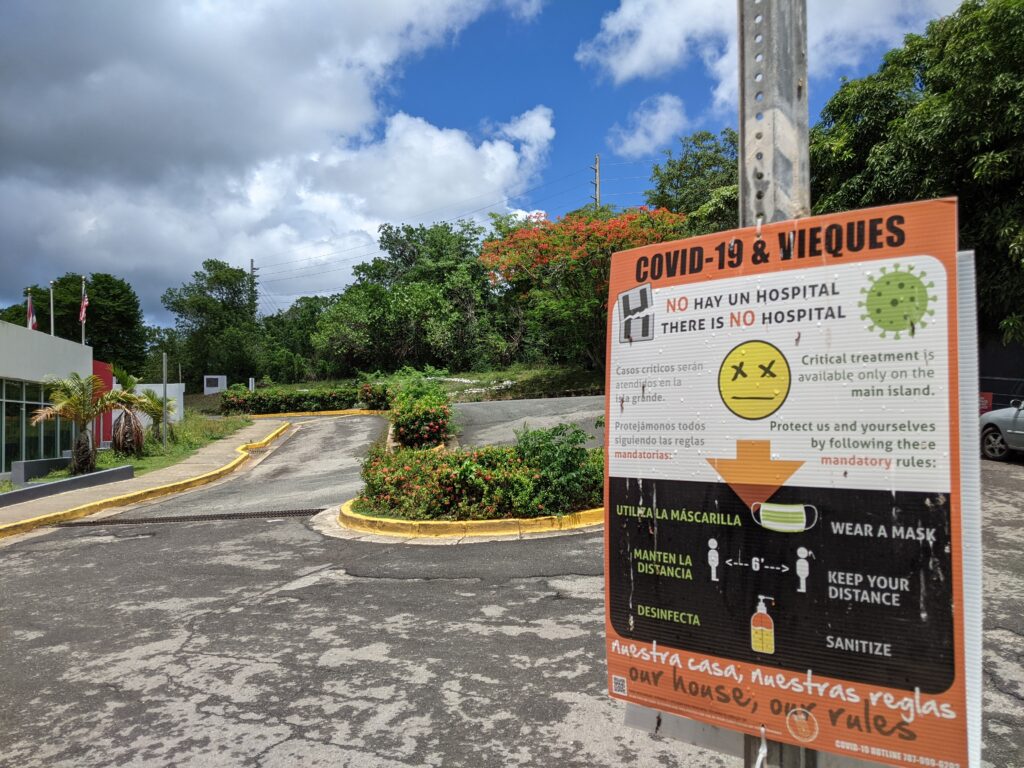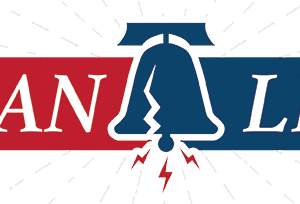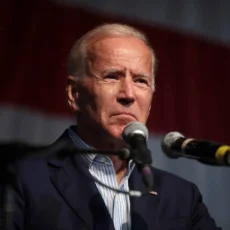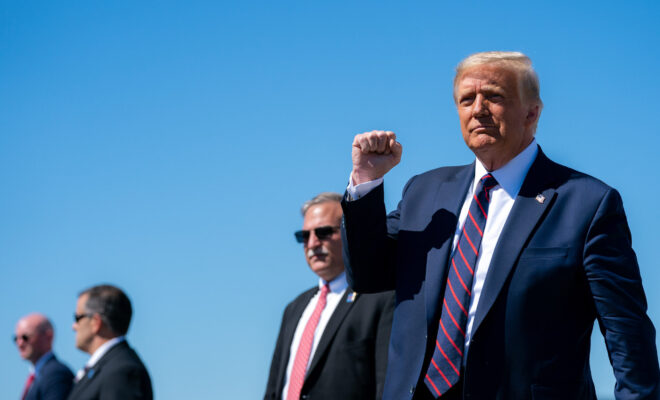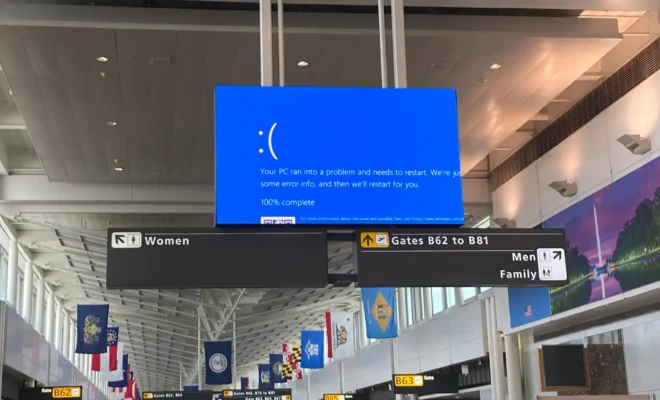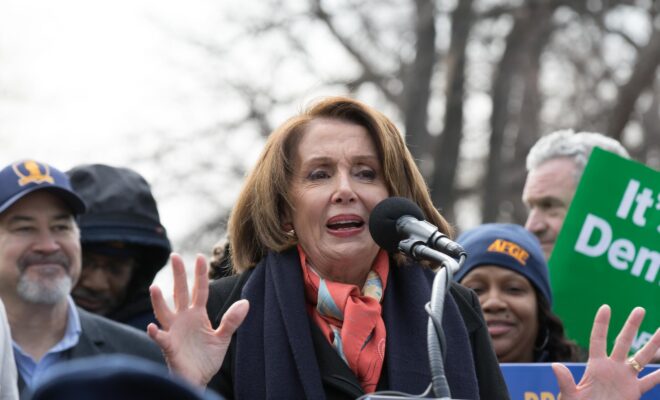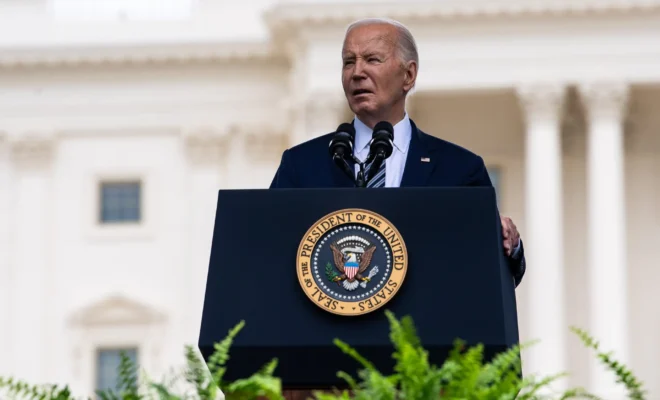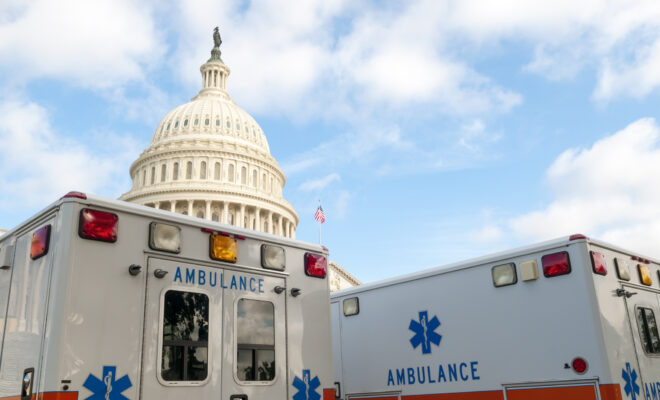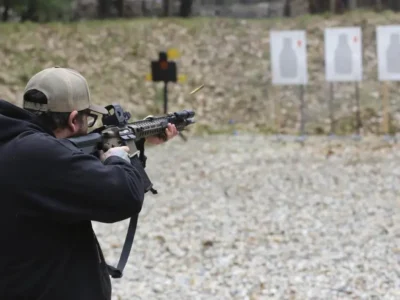Tomorrow, a federal court in Puerto Rico will hear a case on the U.S. territory's COVID-19 vaccine mandate for public employees.
The court's ruling will likely have repercussions that reverberate across the country.
The Federalist's Margot Cleveland explains how Rodriguez Velez et al. v. Pierluisi-Urrutia breaks ground as the first case in federal court to challenge the constitutionality of a vaccine mandate. Regardless of where you stand on the issue, Tuesday's ruling is consequential and an appeal will swiftly follow. Here is what Cleveland says observers should watch out for:
First, things first: Puerto Ricans are American citizens and for purposes of the question at issue — the constitutionality of the vaccine mandate — they hold the same rights under the United States Constitution as do citizens of the fifty states. Like states, which also have their own constitutions, Puerto Ricans also have protection guaranteed by the Puerto Rico constitution. While the lawsuit alleges violations of both constitutions, of interest nationally, will be how the federal courts interpret the U.S. Constitution.
The vaccine mandate at issue in Rodriguez Velez came in the form of an Executive Order signed by Puerto Rico Governor Pedro Pierluisi on July 28, 2021. Executive Order 58 spanned fourteen pages, the first nine of which recited in numerous “WHEREAS” paragraphs the details of the COVID-19 pandemic and various Centers for Disease Control and Prevention and Food and Drug Administration pronouncements, as well as identifying current precedent on vaccination mandates. The mandate then ordered, “all public agencies of the Executive Branch [to] require employees who work in-person—except as otherwise provided hereinbelow—to receive a COVID-19 vaccine.”
Employees exempted from the mandate include individuals with compromised immune systems or those allergic to vaccines or with another medical condition making the vaccine dangerous to the employees. The Executive Order also provides a religious exemption, but requires the employee to provide an affidavit signed by both the employee and his minister attesting under penalty of perjury that they are rejecting the vaccine on the basis of their religious beliefs.
Strangely, while the Executive Order only carves out two exemptions from the vaccination mandate, the section entitled “vaccination refusal” allows government employees to refuse vaccines if they either provide evidence of a positive COVID-19 test from the last three months, along with documents establishing they have recovered, or submit to weekly COVID-19 testing, within seventy-two hours of the start of the Monday workweek. Employees exempt because of a medical condition or a religious belief must likewise submit to the weekly COVID-19 testing, absent proof of a COVID diagnosis within 3 months.
Following Gov. Pierluisi's Executive Order, four government employees sued, claiming that the mandate violated their due process rights, particularly “in their personal autonomy, bodily integrity, and medical choice.”


